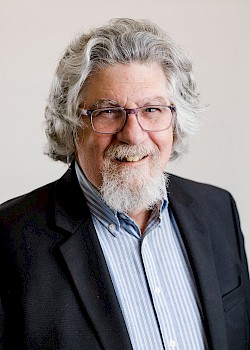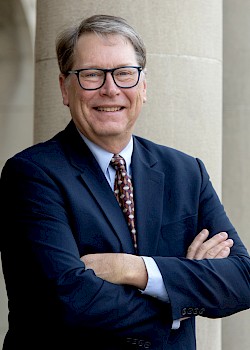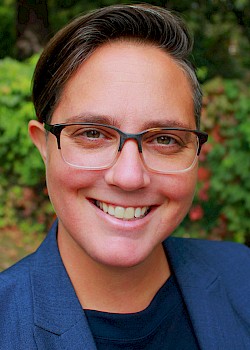NEWS
MTSO offers Fall Semester classes for auditing or credit
Methodist Theological School in Ohio is offering courses for auditing or graduate credit during the 2022 Fall Semester. Audit fees are $200 per class, with a reduced fee of $75 for those 60 or older. Auditors simply need to complete the brief non-credit application at www.mtso.edu/courseauditing.
Visiting students pursuing graduate degrees at other seminaries or divinity schools are welcome to register at www.mtso.edu/visitingstudent to take a course for three hours’ credit at MTSO’s standard tuition rates.
MTSO’s Fall Semester runs Aug. 29-Dec. 16. Unless otherwise noted, classes are offered in “hyflex” format, providing students the option to attend in person or virtually.

Addiction, Justice and Pastoral Care (2-3:30 p.m. Tuesdays) considers the fundamental dynamics of the addiction/recovery process, the current best practices for the treatment of addiction and provision of recovery support, and how an enhanced awareness of social justice influences the practices of pastoral care and counseling, making them more effective. The course is taught by Dr. Brad Price, fully affiliated faculty in pastoral care.
“Of particular interest will be the consideration of different interpretive strategies for understanding the history and experience of addiction and how it can be addressed,” Price said. “I am especially interested in this juxtaposition of experiences and their interpretation as they draw on my professional experience in various clinical settings, correctional contexts and parish ministry.”
Central Texts in the Moses Tradition (4-5:30 p.m. Tuesdays) provides a careful reading of the narrative in Exodus, Numbers and Deuteronomy, featuring Moses’ birth and call, the plagues and deliverance from Egypt, the theophany at Sinai, and the wilderness wanderings. It is taught by Hebrew Union College Teaching Fellow Ryan Replogle.
“This course seeks to reinsert the authors behind the famous story to understand better what drove them and what they were seeking to accomplish,” Replogle said. “We will focus on questions of genre, cultural backgrounds and the (in)congruity with what we know about the history of the period.”

Creating Learning Environments (8:30-10 a.m. Tuesdays) explores the ways that individuals and communities learn and how diverse methods can be used to create effective learning environments in educational, pastoral, age-level, justice or community ministries. The course is taught by Dr. Randy Litchfield, professor in the Browning Chair of Christian Education.
“Learning happens in whatever places and situations we find ourselves, not just classrooms,” said Litchfield. “As leaders and members of communities, we need intentionality to promote formal and informal learning within our communities and organizations.”
Matthew (2-3:30 p.m. Tuesdays) examines the Gospel of Matthew within the perspective of the developments within Second Temple Judaism. It also encompasses the variety of modern methods of biblical study which have been employed in the evaluation of the meaning and significance of this Gospel. The course is taught by Dr. John Kampen, distinguished research professor.
“My course provides a way of reading and understanding Matthew in a culturally and socially responsible manner,” Kampen said. “This approach permits an analysis which can be conducive to developing perspectives on social justice and social movements in our own time.”

Transformational Leadership by Design (5-7:30 p.m. Wednesdays, online only) introduces students to design theories and practices as a way to enhance leadership skills, creativity and problem-solving approaches. Students will participate in a weekly group process adapted from design pedagogies that will promote practical skills development through the iterative exploration of leadership projects of their choosing. It is taught by Dr. Kate Common, visiting assistant professor of practical theology and Louisville Institute postdoctoral scholar.
“Design thinking is a set of creative tools that can equip you with leading change processes, no matter how big or small,” Common said. “In this course, you will not learn about design thinking in a vacuum but will get a chance to practice and hone your skills within the classroom environment where peer feedback is an essential part of helping you expand your new creative skills.”
To learn more about taking any of the above courses, contact the Admissions Department at admissions@mtso.edu or 800-333-6876.
Methodist Theological School in Ohio provides theological education and leadership in pursuit of a just, sustainable and generative world. In addition to the Master of Divinity degree, the school offers master’s degrees in practical theology, social justice and theological studies, along with a Doctor of Ministry degree.
CONTACT:
Danny Russell, communications director
drussell@mtso.edu, 740-362-3322